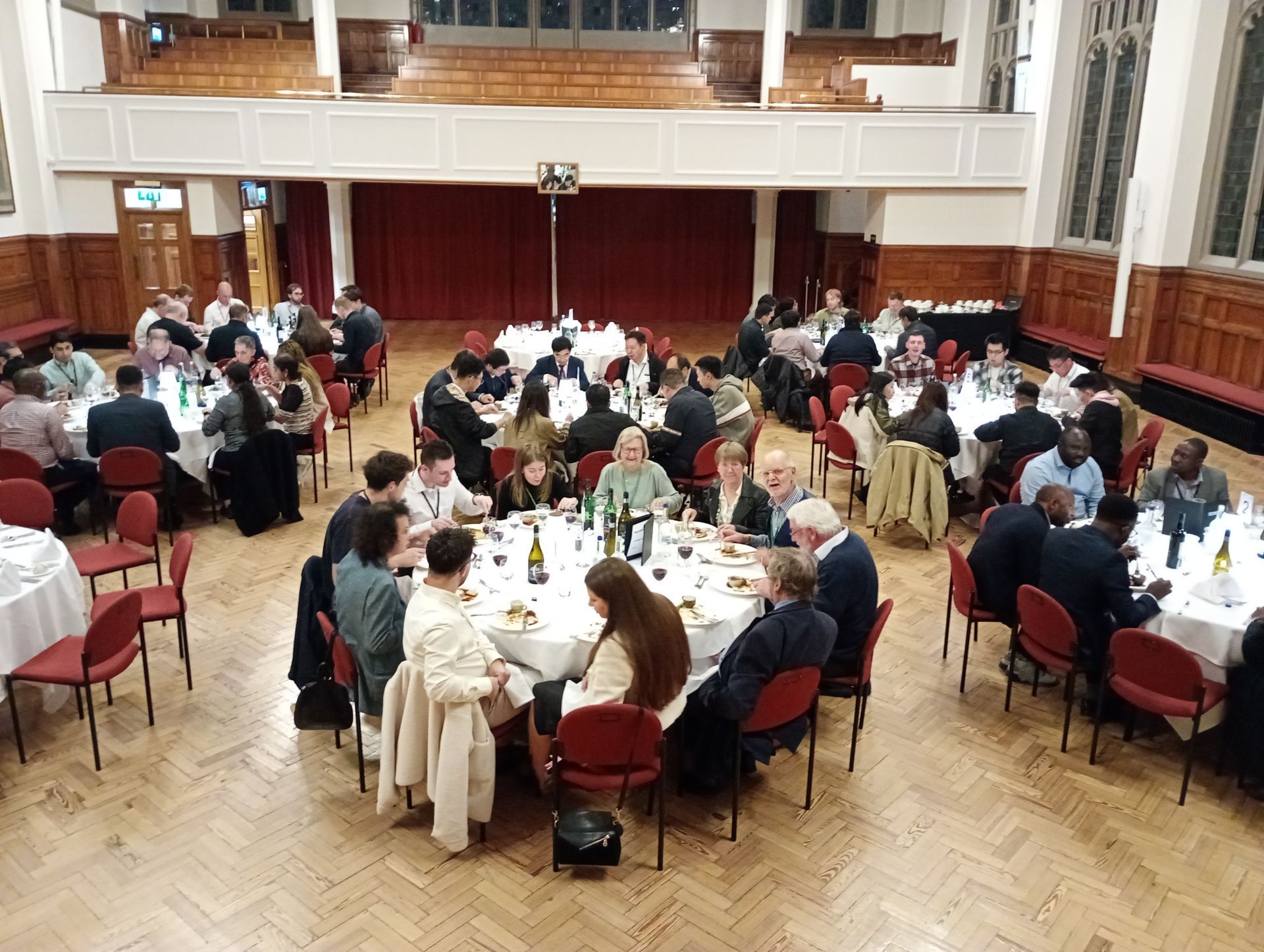
Scope and Purpose
The purpose of this Conference is to bring together academic researchers and participants from industry and anyone that is interested in the applications of fuel and energy research. Papers which describe the applications of research in fuel and energy characterisation, technology development, utilisation and preparation are now invited.
Call for Abstracts
Abstracts are invited which describe current academic and industrial research into cleaner fuel and energy research
on biomass, waste and fossil fuels and their applications including but not limited to ꞉-
- Conventional and Advanced Power Generation꞉ Efficiency improvements, flexible operation of power plant, innovative energy cycles, thermal processes, including enabling technologies and innovative process design for APG.
- Fuel Processes꞉ Gasification, pyrolysis, hydrothermal conversion and all other carbon- based fuel conversion processes, including issues associated with co- firing and with the combustion of biomass and waste.
- Agri-energy꞉ Energy and nutrient cycling, valorisation of Agri residues, slurry management, valorisation of biosolids, Renewable Energy Production and Integration and Agriculture Vehicle Decarbonations
- Emissions꞉ Including alternative NOx, SOx, particulates and trace element reduction techniques to meet more stringent emissions standards throughout the world.
- Carbon Capture, Storage and Utilisation꞉ Pre and post combustion capture, transport and storage technologies, including oxyfuel combustion, chemical looping, biochar, fuel characterisation, conversion to chemicals and fuels, plant diagnostics and post combustion capture plant emissions issues and direct carbon capture and CO2 utilisation.
- Hydrogen and Ammonia꞉ Production, potential use and issues, including their potential use as transport fuels, for stationary applications and emissions control from engines.
- Industrial combustion꞉ Burner design, heat transfer, innovations in heat exchanger design and foulng and slagging issues.
- Energy Storage꞉ Battery storage, thermal storage, mechanical storage, cold storage and integration with energy systems, including power generation processes.
- Decarbonising Energy- Intensive Industries꞉ The decarbonisation of Carbon- based fuel conversion processes including, iron and steel production and processing, carbonisation, fuel- derived products and other metallurgical uses ),the cement industry and other energy intensive industries.
- Transpot Electrification꞉ Advances in battery electric and fuel cell Vehicles, Hybrid Electric Powertrain, Thermal Management Systems, Battery Second Life for Energy Storage Systems
- Biofuels for Transport꞉ The sustainable production and utilisation of biofuels and biogas for transport, including road, aviation and marine
- Biogas꞉ Anaerobic digestion, landfill gas, production, upgrading and utilisation, Bio-CNG, biomethanation, bio- hydrogen and dark fermentation.
- Heating, Ventilation and Cooling꞉ Efficiency innovations, energy reduction and heat pumps.
- Integrated Renewable Energy Systems, (IRES)꞉ Experimental and simulation studies. Integration of biomass, solar, wind, etc
- . for off- grid and grid connected communities and industry settings.
- Biomass and waste꞉ Waste to energy, pre-treatment and processing, including torrefaction, washing, biomass resources, alternative biomass resources, aquatic biomass and algae, hydrothermal conversion processes, etc.
- Fuel preparation and handling꞉ Biomass and waste issues associated with feedstock quality, safe storage, (fuel degradation spontaneous combustion and other storage issues), processing, handling and feeding of these feedstocks into process systems ,
- By Products from Energy Processes꞉ Bottom, fly and others ashes, APC Residues, etc., with the development of a circular economy.
- AI/Machine Learning for Energy System Applications꞉ The impact of AI and machine learning in energy systems, Forecast in Renewable Energy Systems, Smart Grid, AI for Energy Management Systems”.
- Case studies꞉ On the challenges facing the users of biomass and waste.
- Policy and socio- technoeconomic studies꞉ Legislation towards power from carbon-based fuels, government policy, legislative framework and life cycle assessment issues, including industrial de- carbonisation, both UK and International. Systems engineering, systems thinking, fair energy futures and energy demand. Societal issues with the energy transition to net zero
Research students are also strongly encouraged to submit abstracts, attend and give presentations there is areduced Conference fee for students.
All authors are asked to submit one or more abstracts by Friday 7th February 2025 to the Conference Manager, Gudka Energy Consulting ,at info@tferf.org. Abstracts ust conform to the format specified in the website template, and must be submitted by the named presenter, (not a third party). For abstracts accepted, the named presenter/author will present the paper at the Conference either as an oral presentation or as a poster. This author must register and pay their conference fee before Friday 8th July 2025 in order for their paper/ poster to be confirmed in the programme
Click here for the abstract template
Important Dates
7th February 2025. Closing date for abstract submission
21st March 2025: Authors informed of acceptance
18th April 2025: Provisional programme published
18th July 2025: Last date for registration by oral and poster presenters and “Early Bird” registration fees
1st October 2025: Opening date for paper submission to the Virtual Special Edition of "Fuel"